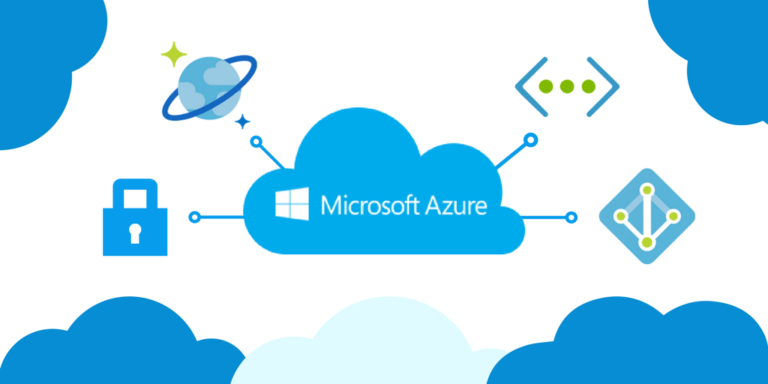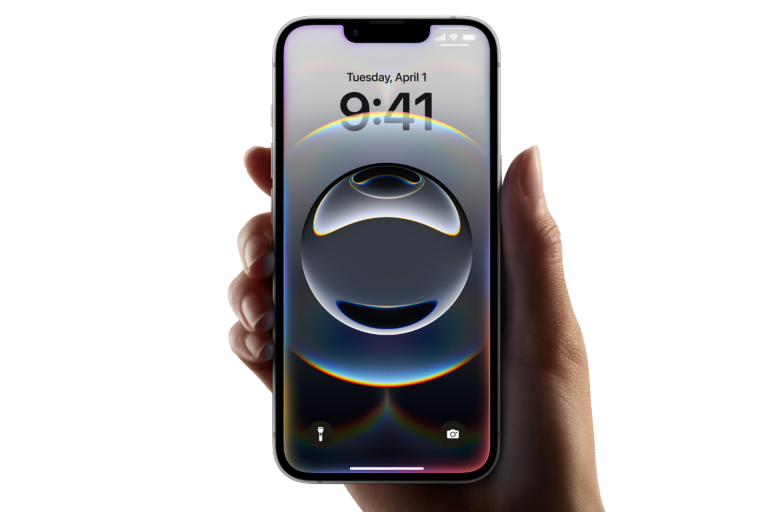Most recently, The New York Times published a report accusing Facebook of giving away too much user information to various device manufacturers such as BlackBerry, Microsoft, Apple, and Samsung. According to the report, over a decade ago the social media giant started collaborating with device manufacturers. It helped them create Facebook applications for their devices (tablets and smartphones). Device manufacturers then incorporated Facebook functionality into their OS allowing Facebook users to directly send photos to their Facebook friends without having to visit the Facebook app.
For these incorporations to work, the social media giant gave device manufacturers access to personal user information through private APIs. This high-level of personal user information access given to device manufacturers has raised a lot of concerns about Facebook’s FTC privacy legislation compliance. However, Facebook rejected theses claims saying that its collaborations with device manufacturing companies ware controlled and above board.
In the report, The Times shares a story about how the so-called private APIs share personal data. In 2013, a reporter logged onto the BlackBerry proprietary Hub software through his Facebook account only for the software to retrieve his Facebook friends’ personal data as well as their “identifying information”
On its defense, the company says that its collaboration with device manufacturers was necessary. It claims that when Facebook users logged onto apps or services designed by device manufacturers, they had the option to approve or disapprove data sharing. Nonetheless, The New York Times noted some resemblance between Facebook’s collaborations with device manufacturers and the scandal involving Cambridge Analytica. The scandal disclosed how developers of third-party apps were siphoning large amounts of user information from Facebook.
Facebook has defended itself saying that the two situations aren’t the same. Sharing personal information with big tech companies isn’t the same as sharing it with marketing firms. Big tech companies have the necessary resources to keep personal data secure and can be held responsible in case they abuse it.
Nonetheless, the Cambridge Analytica scandal unveiled just how the digital ecosystem of today is built on a free exchange of private data, and how tech companies can easily twist the notion of “user consent” by making users agree to share their personal information without really knowing what they are agreeing to.
On the other hand, the issue of Facebook collaborating with device manufacturers raises the question whether the users knew how their personal information was used and shared. Although Facebook has issued a statement saying that it will shut down its collaboration with device manufacturers.
Back in March, Mark Zuckerberg told Congress that Facebook users have complete power over their personal information. This means that users can control who sees and shares their personal data. Nonetheless, Facebook’s collaboration with device makers is a clear indication that “total control” does not fundamentally imply total understanding.
Additional Privacy Precautions
The recent events have forced internet users to take extra privacy precautions in effort to keep their personal data secure. Some of these privacy precautions include:
Adjusting Facebook privacy settings
Social-networks such as Facebook and Twitter are making efforts to simplify their privacy settings. Users are now in a position to control the amount of information they share with the world. They can choose to share their profiles publicly or with approved friends. Additionally, users have the option to block other (certain) users from viewing their posts or commenting on their profiles.
Using VPNs
Users are increasingly using VPN’s to protect their data. VPNs provide stronger protection and are more reliable than encrypted browsers. A VPN works by encrypting virtually everything you do online. There are numerous VPNs available today and most of them are free. However, paid VPNs provide better encryption and security.
Opting out of ad tracking
Users are opting out of ad tracking to protect their identities and protect their personal data. Usually, ad networks install cookies on the devices of users who visit particular sites. Cookies log surfing habits making it easy for advertisers to personalize ads. To stop advertisers from tracking you, consider disabling cookies from third-party sites.
Using encrypted web browsers
Encrypted web browsers offer an additional layer of protection known as “stealth or private browsing”. During these sessions, encrypted browsers don’t log website history and keep cookies out. This provides an excellent way to keep your personal data secured.













